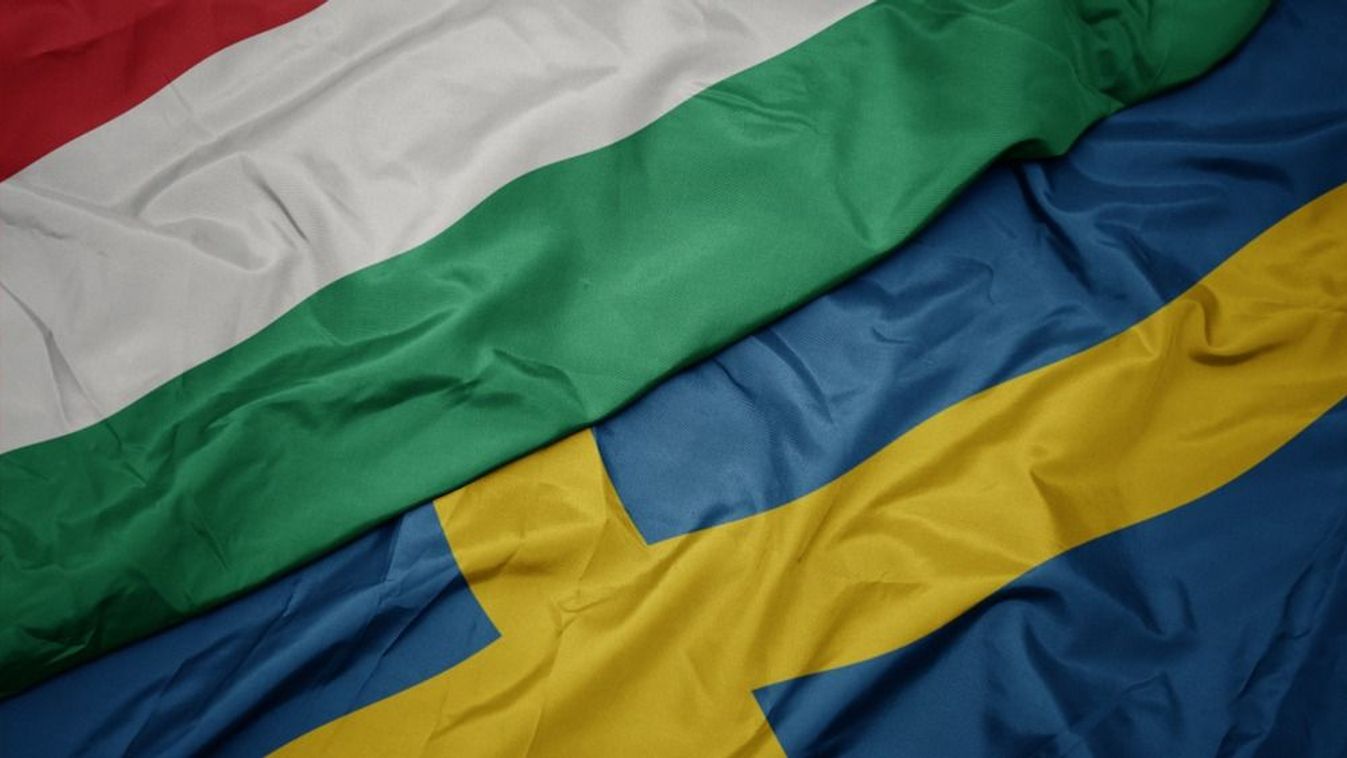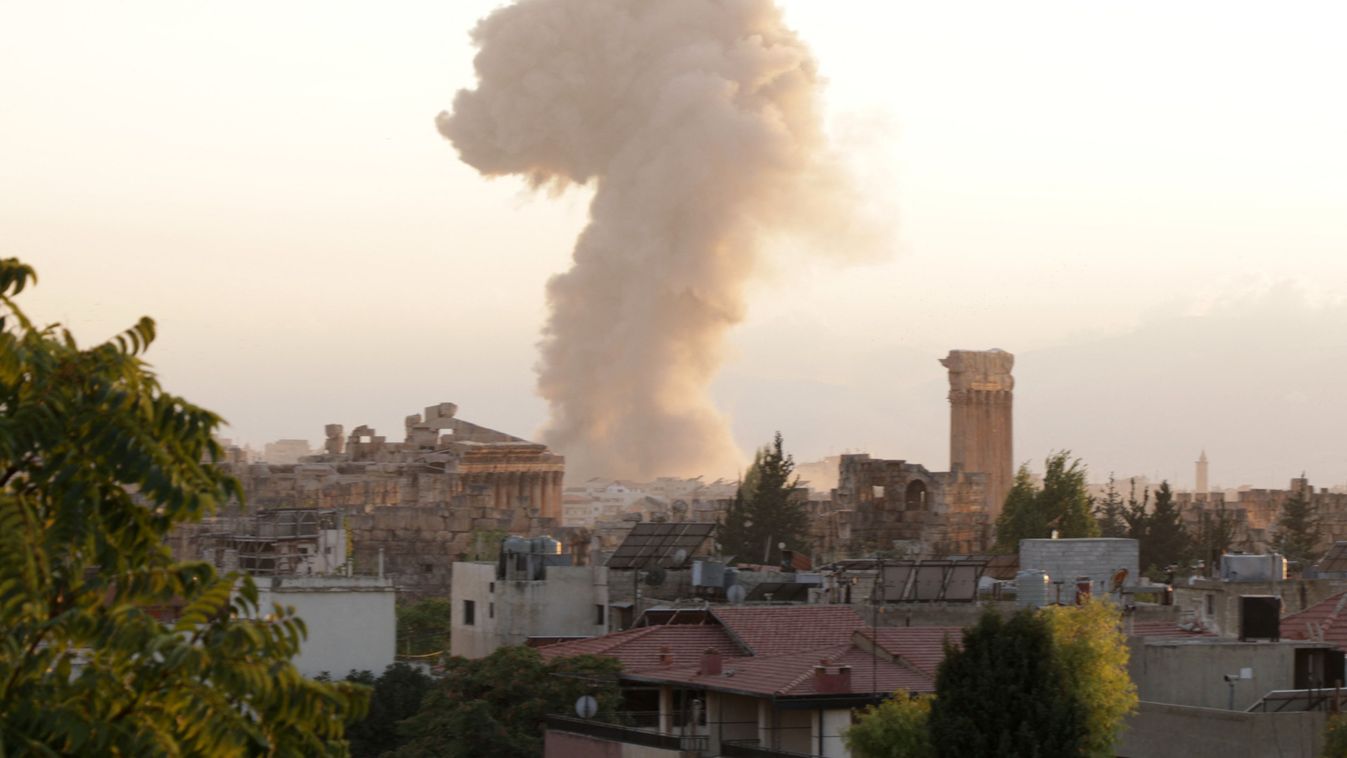késleltetett adatok
What Enabled Bretton Woods?
Bretton Woods retains a powerful fascination, with at least three recent books on the subject having achieved considerable commercial success. What makes an event in which a group of mostly men talk about money so intriguing?
Of course, there are some juicy incidentals, such as the dance of John Maynard Keynes’s wife, a Russian ballerina, that kept the US Treasury Secretary awake, and charges of espionage for the Soviet Union against the main American negotiator, Harry Dexter White. But the real drama of the conference lay in the systematic evolution of an institutional structure that underpinned global stability and prosperity for at least three decades.
The institutional vision was linked to a global security system. Indeed, in the original agreement, the five large powers that would be represented permanently on the IMF Executive Board were the United States, the United Kingdom, the Soviet Union, China, and France – the same countries with permanent seats on the United Nations Security Council.
Even within this framework, the negotiations were challenging. So how did 44 disparate powers, each seeking to protect its own national interests, manage to agree on a new global monetary system?
According to Keynes, the key was a process of international deliberation and planning, led by “a single power or like-minded group of powers.” By contrast, a 66-country “pow-wow” like the abortive World Economic Conference, held in London in 1933, could never be expected to produce an agreement. Keynes’s rival, Friedrich Hayek, went further, asserting that a successful, enduring order could not be negotiated at all; it had to be spontaneous.
The experience at Bretton Woods lends significant credence to Keynes’s assessment. While 44 countries were formally represented at Bretton Woods, the UK and especially the US were the dominant players.
In fact, bilateral negotiations have enabled every major success of large-scale financial diplomacy. In the early 1970s, when the fixed exchange-rate regime established at Bretton Woods collapsed, the IMF seemed to have outlived its function. But, by renegotiating the Fund’s Articles of Agreement, the US, seeking greater flexibility, and France, which sought the kind of predictability that the gold standard had provided, were able to revive it.
Later that decade, efforts by France, Germany, and the UK to confer on monetary policy failed miserably. But discussions between France and Germany – which remain the leading voices in debates on European monetary issues – were far more effective. Likewise, in the mid-1980s, when exchange-rate volatility gave rise to calls for protectionist trade measures, the US and Japan found a solution involving exchange-rate stabilization.
Nowadays, international economic diplomacy is centered on the US and China. In recent years, an emerging debate has focused on whether the global economic system of the 2000s – in which export-oriented emerging economies essentially pegged their currencies to the dollar to obtain faster growth and accumulate foreign-exchange reserves at spectacular rates – effectively created a sort of “Bretton Woods II.” Could China and the US formalize such a system, with the renminbi playing a greater role?
The bilateral nature of the negotiations certainly implies that they have a chance. But there was another critical factor underpinning the success of the Bretton Woods conference: the global political and security environment.
For starters, the conference occurred the month after the D-Day landings in Normandy, when the end of World War II seemed far closer than it turned out to be. There were also domestic considerations at work. As US Treasury Secretary Henry Morgenthau, Jr. stated in advance of the conference, “We felt that it was good for the world, good for the nation, and good for the Democratic Party, for us to move.”
In order to achieve an agreement of similar scale and influence, world leaders – especially in the US and China – would need to be under similarly high pressure. A global pact would have to be an urgent necessity, rather than an attractive possibility.
What would convince Chinese leaders that they must rapidly reinforce the open global economy that enabled China’s export-driven economic rise? One such catalyst might be a financial crisis emanating from the country’s risk-laden shadow-banking system. A contest for global leadership might serve that purpose as well. Or perhaps the stimulus will be fear that the world is sliding toward protectionism, with bilateral and regional trade agreements like the Transatlantic Trade and Investment Partnership deepening divisions between their participants and the rest of the world.
Bretton Woods demonstrated that it takes a major crisis to produce a political dynamic of reform. Today’s world, for all of its troubles, is simply not dangerous enough – at least not yet – for the countries at the helm of the global economy.
Copyright: Project Syndicate, 2014.
www.project-syndicate.org

Portfóliónk minőségi tartalmat jelent minden olvasó számára. Egyedülálló elérést, országos lefedettséget és változatos megjelenési lehetőséget biztosít. Folyamatosan keressük az új irányokat és fejlődési lehetőségeket. Ez jövőnk záloga.





















